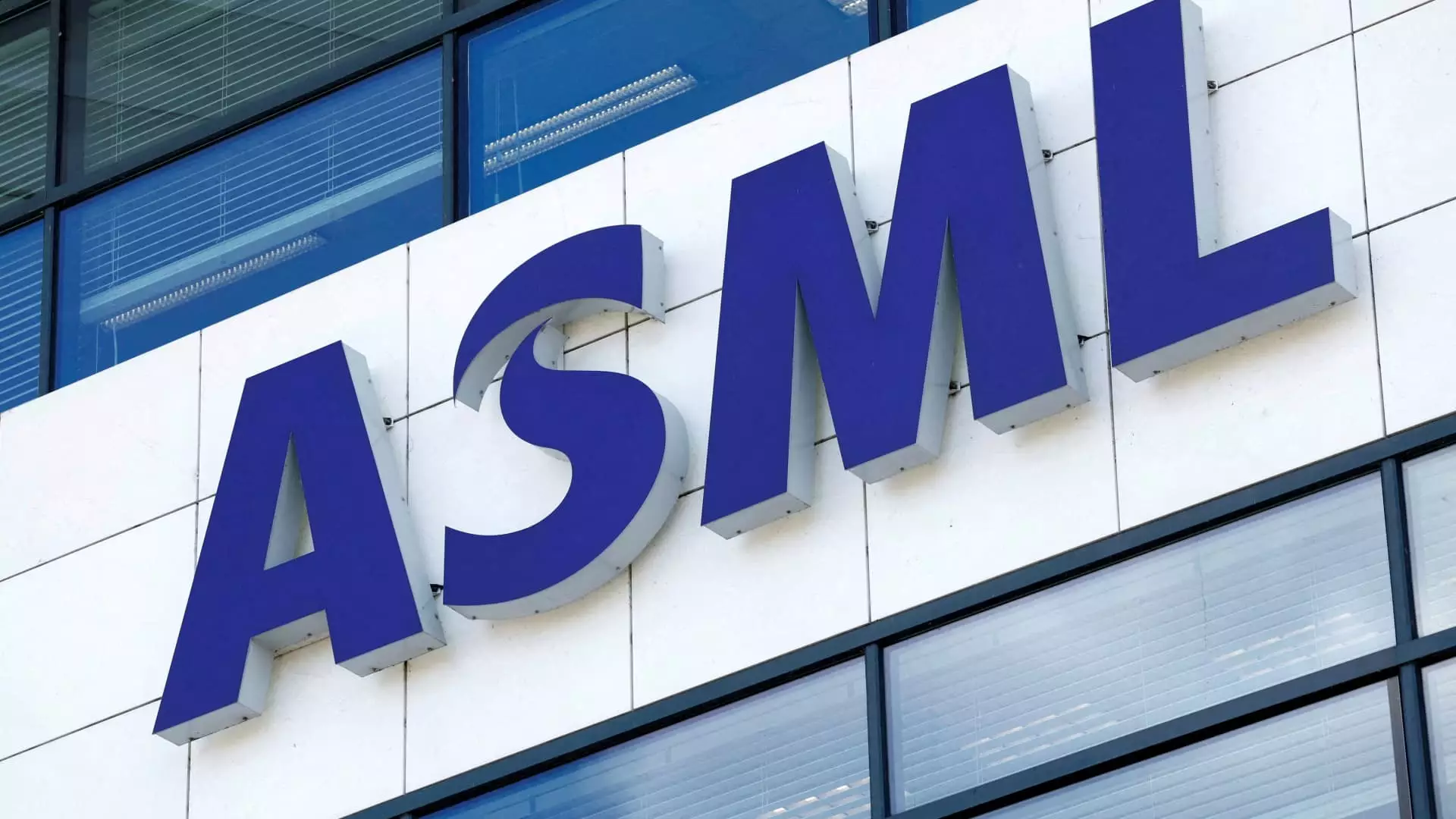The recent threats made by ASML regarding the possibility of moving its operations abroad have sparked concerns within the Netherlands. The semiconductor chip equipment maker is a key player in the country’s economy, and the potential departure of such a prominent company could have significant repercussions.
ASML CEO Peter Wennink’s comments about the consequences of limiting labor migration and the company’s need to innovate with skilled foreign workers have raised alarm bells. The Dutch government’s plans to scale back tax breaks for highly skilled migrants and restrict the number of foreigners attending Dutch universities have led to tensions with ASML and other businesses reliant on foreign talent.
ASML’s Importance in the Semiconductor Industry
ASML plays a critical role in the global semiconductor supply chain by producing extreme ultraviolet lithography (EUV) machines. These machines are essential for manufacturing integrated circuits, as they enable the printing of small, complex designs on microchips using an incredibly short wavelength of light generated through a process involving molten tin and precision mirrors.
Despite the allure of other countries eager to welcome ASML, the company has deep roots in the Netherlands. Finance Minister Steven van Weyenberg expressed confidence in ASML’s future in the country, citing ongoing discussions between the government and the company to address concerns and facilitate growth.
The Dutch government’s campaign “Operation Beethoven” aims to persuade ASML to remain in the Netherlands by addressing their worries and creating a conducive environment for growth. While ASML has ruled out a complete departure from the country, tensions persist regarding the government’s approach to fostering innovation and supporting businesses like ASML.
ASML’s CEO, Peter Wennink, highlighted the gap between industry concerns, government policies, and politicians’ views on fostering growth. This disconnect underscores the challenges faced by multinational companies operating in the Netherlands and the need for alignment between business interests and governmental strategies.
ASML’s global operations have also been impacted by geopolitical tensions, particularly between the U.S. and China. The company faced export restrictions imposed by both the U.S. and Dutch governments, limiting its ability to supply certain technologies to China due to concerns over national security and intellectual property protection.
Van Weyenberg emphasized the Dutch government’s cooperation with ASML and the U.S. in managing chip exports to China, recognizing the company’s significance to the Dutch economy. However, he cautioned against global fragmentation and its potential impact on the Netherlands’ position as a small, open economy reliant on international trade.
The future of ASML in the Netherlands remains uncertain amidst ongoing discussions, tensions with the government, and external pressures from global markets. Collaboration between ASML, the Dutch authorities, and international partners will be crucial in shaping the company’s trajectory and preserving its position as a cornerstone of the Dutch economy.


Leave a Reply